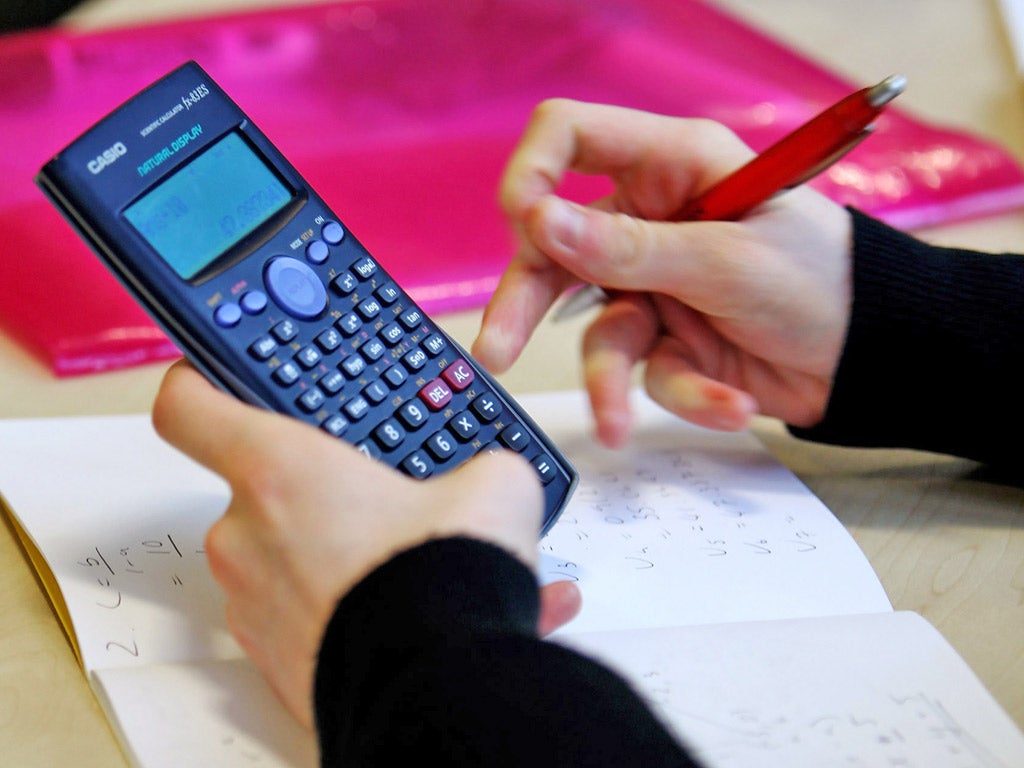Pupils from large families ‘do worse at school,’ claims study
Those with two or more siblings suffer from an 'educational penalty' - with boys affected more than girls

Your support helps us to tell the story
From reproductive rights to climate change to Big Tech, The Independent is on the ground when the story is developing. Whether it's investigating the financials of Elon Musk's pro-Trump PAC or producing our latest documentary, 'The A Word', which shines a light on the American women fighting for reproductive rights, we know how important it is to parse out the facts from the messaging.
At such a critical moment in US history, we need reporters on the ground. Your donation allows us to keep sending journalists to speak to both sides of the story.
The Independent is trusted by Americans across the entire political spectrum. And unlike many other quality news outlets, we choose not to lock Americans out of our reporting and analysis with paywalls. We believe quality journalism should be available to everyone, paid for by those who can afford it.
Your support makes all the difference.Children from large families tend to do worse in maths and reading than youngsters with few brothers and sisters, research suggests.
Those with two or more siblings scored lower in both subjects than the average results for children from smaller families, a study found. It suggests that girls and boys from larger families suffer from an “educational penalty” – with boys affected more than girls.
The study, by researchers at the University of Melbourne, examined the results of more than 1,800 children aged eight to nine and 10 to 11.
Youngsters from families with at least three children gained reading scores about 4 per cent lower than the average results of pupils from smaller families.
In numeracy, pupils from larger families achieved scores about 5 per cent lower than the average for children with fewer siblings.
The experts concluded that being from a family with more than two children increased the probability of a child being in the bottom two-fifths in both reading and numeracy, and decreased the chances of their being in the top two-fifths. They said teachers had a lower assessment of pupils from larger families, and tended to believe that boys with higher numbers of brothers and sisters did worse academically.
“We find that increasing family size from… more than two children results in an objective disadvantage in children’s achievement through test score and an additional subjective advantage expressed by teachers (either because of stereotypes or because teachers have a more detailed view of children’s achievements),” said the paper, due to be presented at the Royal Economic Society’s annual conference.
Julie Moschion, who co-wrote the report, said: “Educational penalties for children from larger families occur – and the effect is greater for boys than girls. The size of a family is an often neglected issue in the discussion of educational outcomes.”
Researchers used data from the Longitudinal Study of Australian Children and the Australian National Assessment Programme: Literacy and Numeracy.
PA
Join our commenting forum
Join thought-provoking conversations, follow other Independent readers and see their replies
Comments